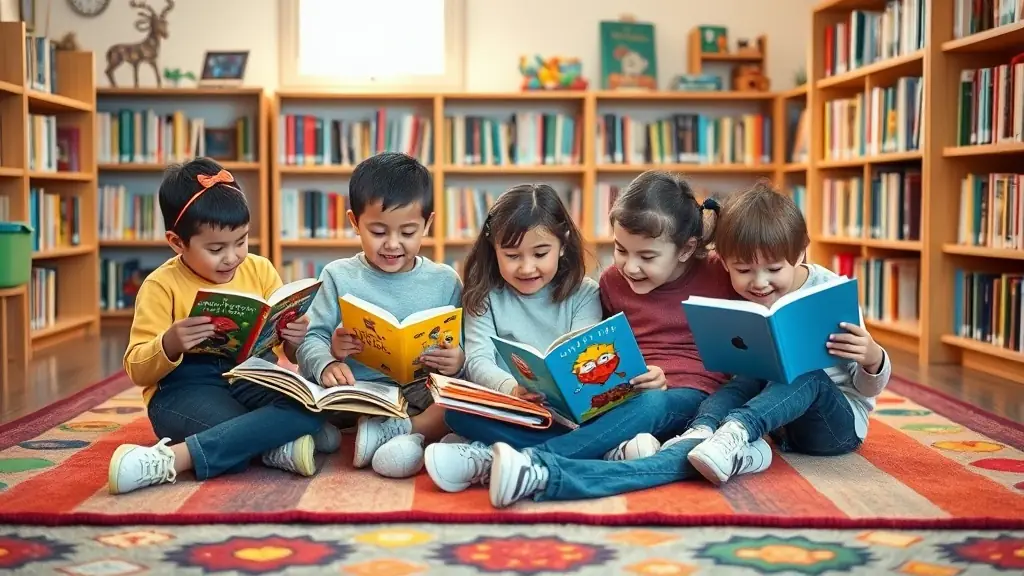Canadian literature has evolved significantly over the years, mirroring the nation’s diverse cultural landscape. From the early works of First Nations authors to the contemporary voices of diverse communities, Canadian literature has always been a reflection of the country’s identity. The themes and styles have shifted, adapting to the changing social and political contexts. This evolution is a testament to the dynamism and resilience of Canadian writing. The rise of Indigenous voices has been a crucial element in this evolution. Their stories, often marginalized in the past, are now gaining prominence, enriching the literary landscape. This shift reflects a growing awareness of the importance of Indigenous perspectives in Canadian society. The inclusion of these voices is vital to a more complete and accurate representation of Canadian identity. Contemporary Canadian literature is characterized by a growing diversity of voices and perspectives. Authors from various backgrounds are now sharing their experiences, creating a more inclusive and representative literary scene. This diversity is a source of strength and creativity, pushing the boundaries of Canadian storytelling. The exploration of complex social issues, such as immigration, multiculturalism, and social justice, is also a defining feature of this era.
The Future of Canadian Children’s Literature
Canadian children’s literature is evolving to reflect the changing demographics and values of the nation.



